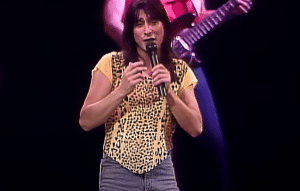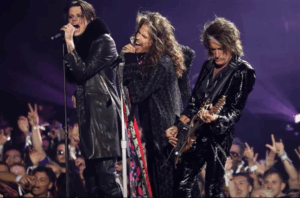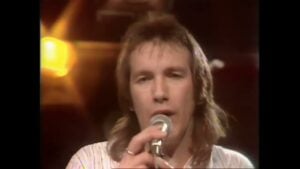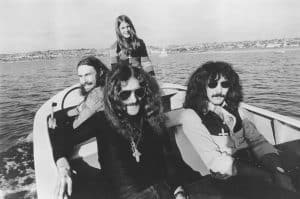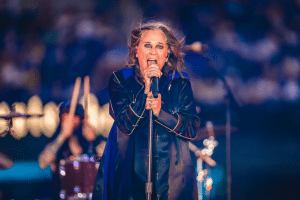Watch Jim Morrison Do An Interview Higher Than A Kite
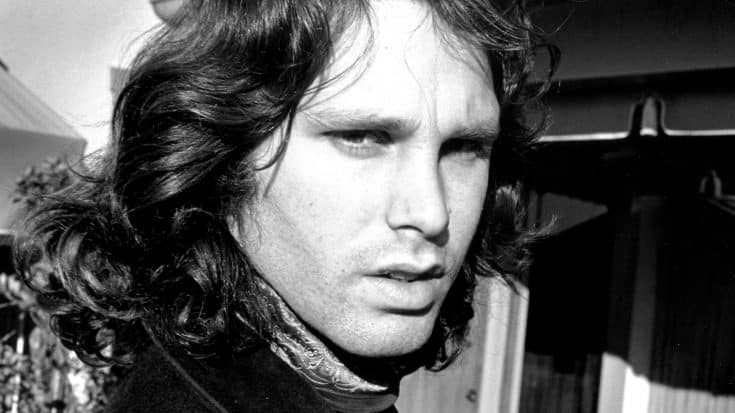
UNSPECIFIED - CIRCA 1970: Photo of Jim Morrison Photo by Michael Ochs Archives/Getty Images
Jim Morrison’s life has seen its fair share of ups and downs, particularly with his ongoing battle against drug use. The expectation for someone under the influence is often a garbled mess, but in this interview, Morrison surprisingly maintains a coherent and genuine conversation, even in his heightened state.
The cautionary advice against trusting a drug addict gets challenged when Morrison speaks from the heart – his authenticity shines through. As a pivotal figure in The Doors, Jim and the band rolled out seven albums between 1967 and 1971, gaining a massive following not just in the United States but globally.
Tracing Literary Influences in Songwriting
Jim Morrison’s approach to songwriting bears the unmistakable imprint of his literary influences, drawing inspiration from the beat movement’s iconic figures such as Jack Kerouac and Allen Ginsberg. These literary pioneers, known for their free-spirited and unconventional narratives, left an indelible mark on Morrison’s lyrical style, infusing it with a sense of spontaneity and rebelliousness.
During his brief six-year stint in the limelight, Morrison remained a bit of a mystery, with rumors swirling around him. Despite the hype, The Doors crafted an impressive discography. Their debut album, The Doors (1967), showcased a diverse range of musical influences, blending in bossa nova vibes in “Light My Fire,” along with elements of blues and jazz. The album’s standout track, the oedipal “The End,” found its way into Francis Ford Coppola’s “Apocalypse Now,” adding to its cultural significance. This mix of influences and unique choices contributed to The Doors’ distinctive sound and lasting impact on the music scene.






